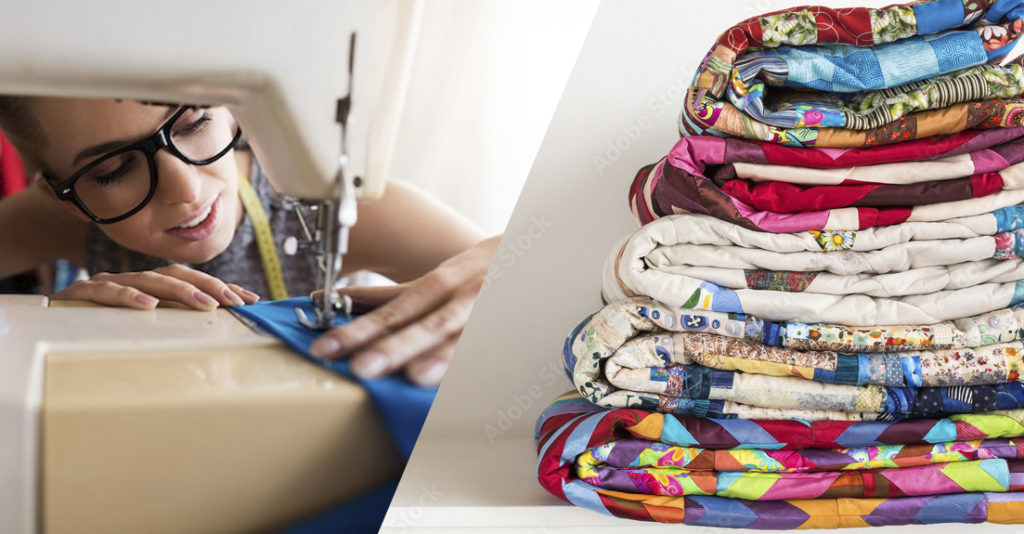As a quilter, it’s easy to get caught up in what other people think about your art. You might worry that your work isn’t good enough or that people won’t understand it. But the truth is, worrying about what others think can stifle your creativity and prevent you from reaching your full potential. Let’s explore why you shouldn’t worry about your art and how to use criticism as an opportunity to grow.
Feedback is often subjective
First and foremost, it’s important to remember that art in quilting is subjective. Some people might have preferences about what they like, while a new approach to quilting might be cutting edge and not as popular in the field yet. So, if you’re worrying about whether or not people will like your work, you’re setting yourself up for disappointment. Instead of worrying about pleasing others, focus on creating art that speaks to you. If you love your work, that’s what matters most.

Dealing with criticism
It can be helpful to receive constructive criticism from others when taking quilting classes, showcasing your quilts, or participating in a show or festival. Criticism can help you identify areas where you can improve and grow as an artist. But it’s important to approach criticism with an open mind and a willingness to learn. Don’t take criticism personally, and don’t let it discourage you. Instead, use it as an opportunity to grow and develop your skills.
Here are some tips for handling criticism:
- Listen carefully: When someone gives you feedback, take the time to listen carefully to what they’re saying. Don’t get defensive or dismissive. Instead, try to understand their perspective and what they’re trying to tell you.
- Ask questions: If you’re not sure what someone means or you want more information, don’t be afraid to ask questions. Clarifying their feedback can help you understand how to apply it to your work.
- Don’t take feedback personally: Remember that criticism is not a personal attack on you or your art. It’s simply someone else’s opinion.
- Take what you can use: Not all feedback will be helpful or relevant to your work. Take what you can use and leave the rest.
- Keep creating: Finally, remember that the best way to improve as an artist is to keep creating. Don’t let criticism or self-doubt stop you from pursuing your passion.

Take quilting classes to find like-minded people
The most important thing to remember is to find like-minded people. If you participate in one of our online quilting courses, you will get access to a Facebook group to share your quilting projects. At master classes, festivals, and shows, there will always be a group of people who are willing to offer you feedback on your quilting.


